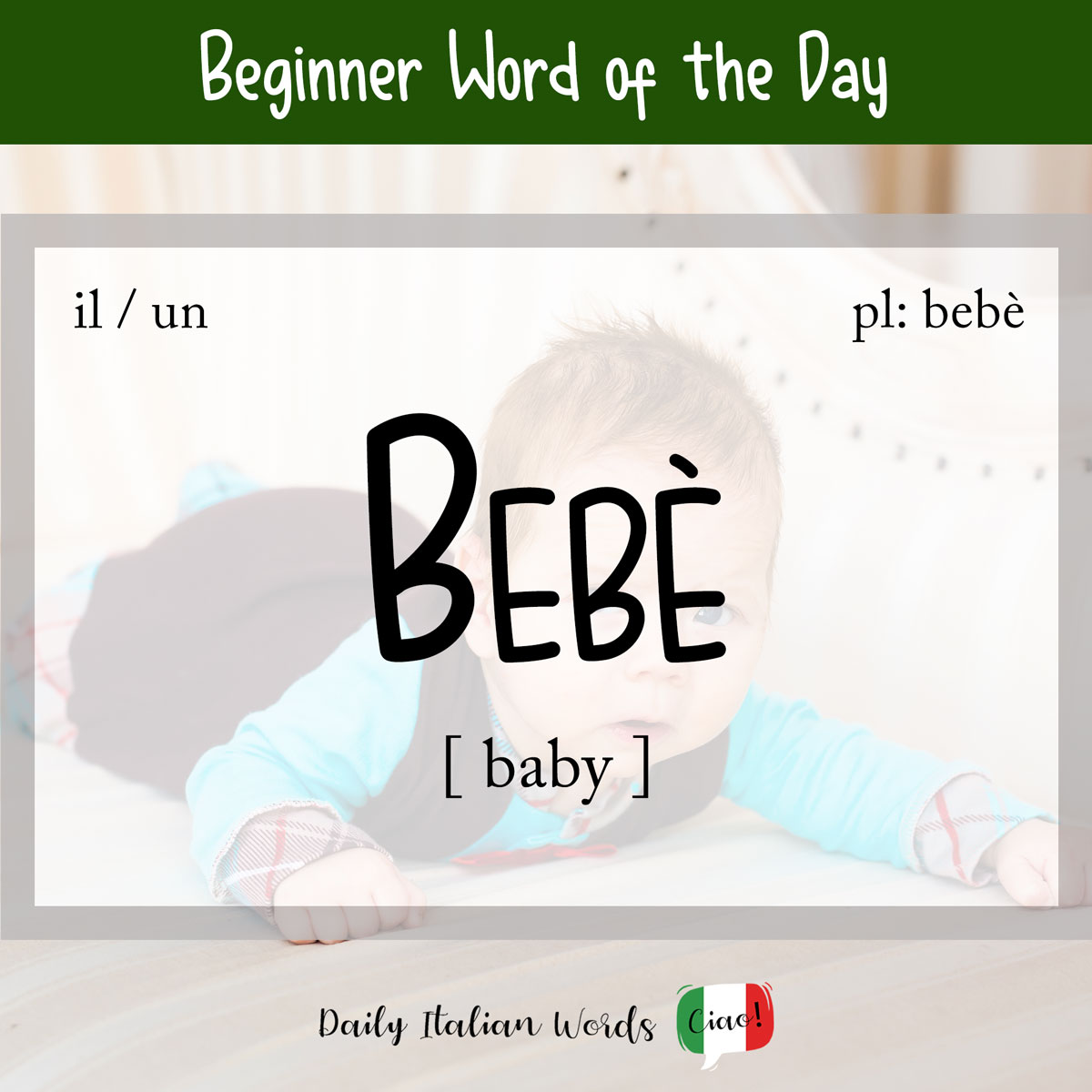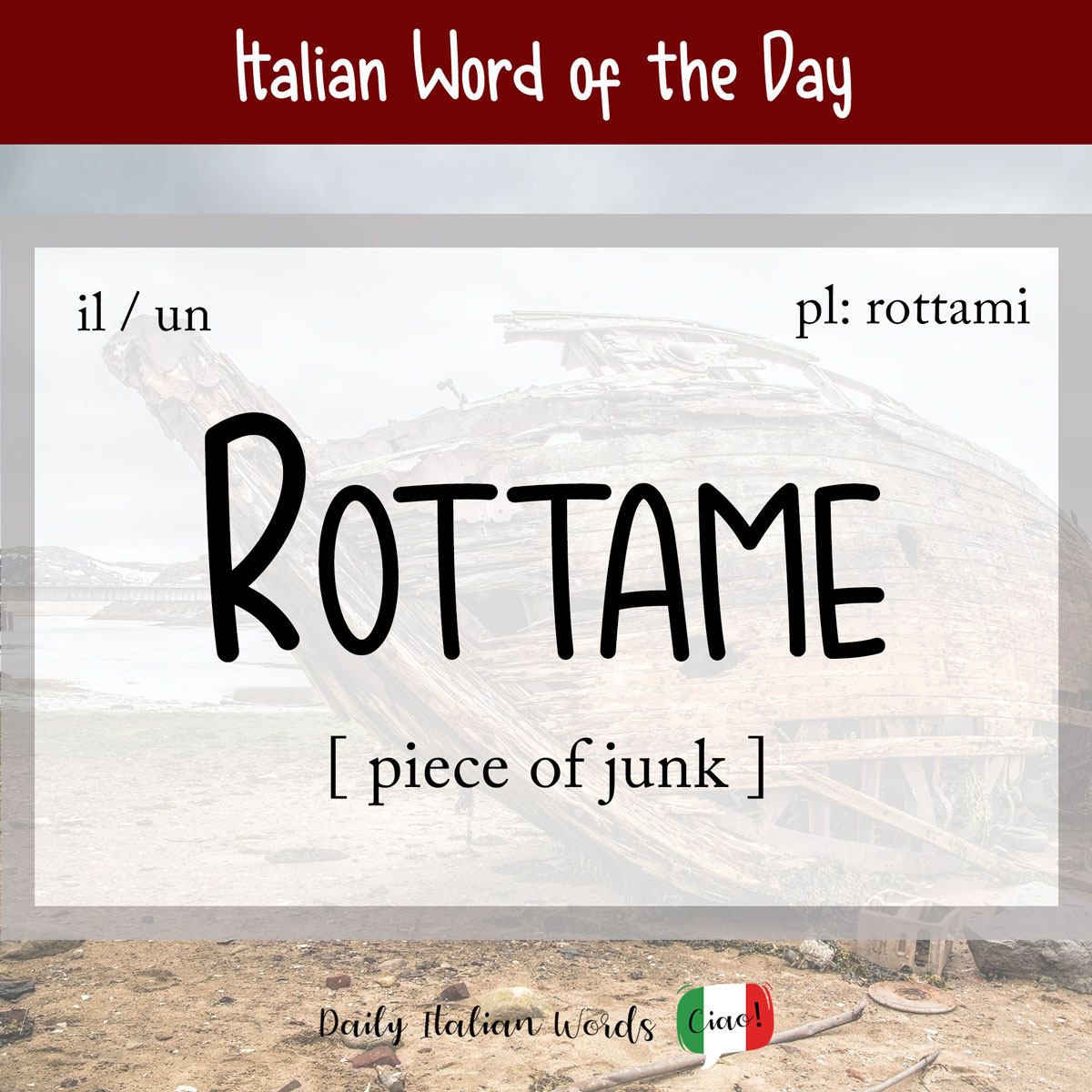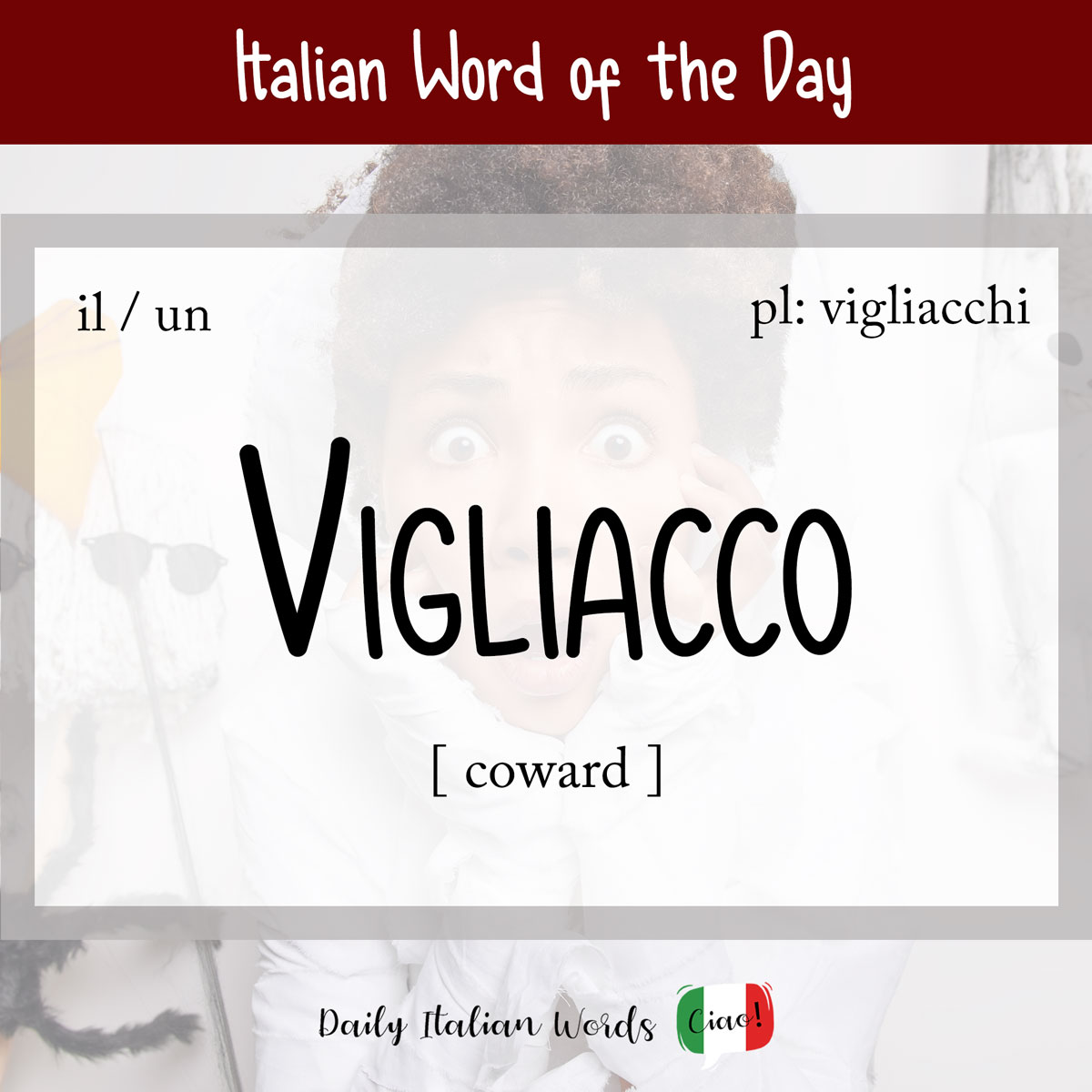Italian Word of the Day: Vincitore (winner)
The Italian word for a male winner is vincitore (masculine, plural: vincitori). If you are talking about a female, this becomes vincitrice (feminine, plural: vincitrici). A useful way to remember this word is to think of the English terms victor or invincible. Learn with our video Il vincitore del torneo ha donato tutto il premio …






